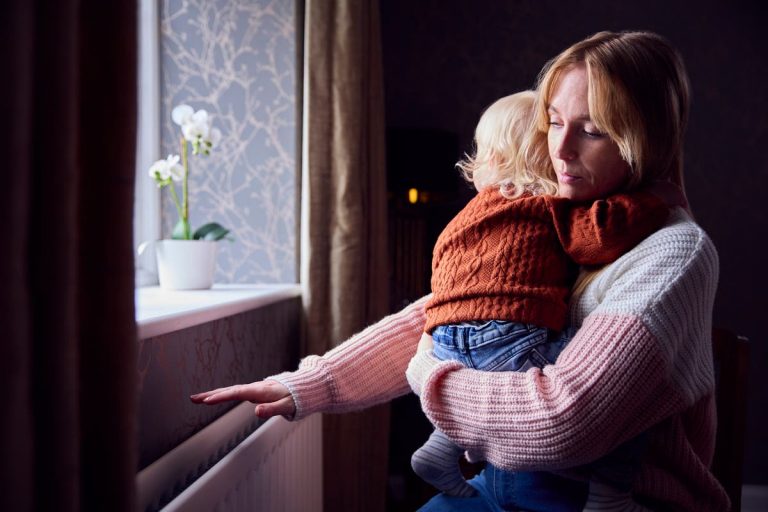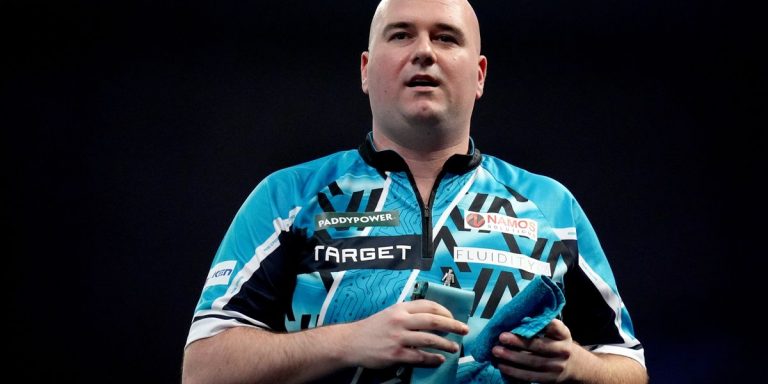 BBC
BBCTwo survivors say rapists should not be allowed out of prison before they have served their full sentences unless they have admitted guilt and shown remorse.
Ellie Wilson and Hannah McLaughlan have waived their right to anonymity and are now calling for changes to the parole system, which decides when certain prisoners can be released.
One of their requests is clearer information for victims about the parole process.
The Parole Board for Scotland said its role was to assess whether it was safe for an offender to be released from prison to serve the rest of their sentence in the community.
It said all relevant information was taken into account.
Ellie Wilson’s rapist was sentenced to five years in prison in July 2022.
Like many prisoners, he is entitled by law to be considered for parole once he has served half his sentence.
Ellie is due to find out this month whether he will be released under supervision.
Over the summer she received a letter asking if she wanted to make representations to the parole board ahead of his possible release.
Ellie told BBC Scotland News that the parole system was confusing.
She said: “The criteria with which they make decisions about parole isn’t clear to see, it’s not clear to understand, it’s certainly not made clear to the victims going through the system.”
She said there should be better public scrutiny about how decisions are reached.
The board’s website says it will consider the likelihood of reoffending by taking account of the nature of the offence, previous convictions, attitude and response in prison and reports from prison staff and social work reports.
Hannah McLaughlan’s rapist was sentenced to nine-and-a-half years in prison in 2023.
Hannah said rapists who don’t show remorse and accountability should not get parole.
She said: “We need that validation – that you (the rapist) are actually taking accountability for what you did to us.”
Hannah has urged people in power to listen to survivors.
Both women have teamed up to call for three changes:
- They say victims must have their rights and the parole process clearly explained to them if they sign up to the Victim Notification Scheme
- Victims must be given the right to attend any oral hearings
- If offenders continue to deny guilt, the parole board should give weight to this when deciding about release
Kate Wallace, chief executive of Victim Support Scotland, said the parole process “is often not explained clearly, contributing to further trauma and stress”.
She added that there was an opportunity “to more clearly articulate how parole decisions are reached”.
Prisoners who deny guilt
The Scottish Prison Service makes initial contact with victims who sign up to the Victim Notification Scheme. A spokesperson said they will be provided with “clear information at different stages of the offender’s sentence and given an opportunity to provide representations”.
The Parole Board for Scotland’s chairman John Watt told BBC Scotland News that, when it comes to clearer information for victims, the organisation should always be looking to improve.
He said the board has been trying for a number of years to develop systems which will provide information and assistance to victims.
“It still comes as a surprise to victims when the parole hearing comes around and it can be a real shock…I can’t begin to imagine how they must feel,” he said.
“There must be a way of smoothing that process by speaking to victims as early as we can, if they want it, to explain broadly what a sentence means, broadly when the prisoner will be considered for parole and the kind of things we’ll take into account.”
Mr Watt said a law change would be required to give victims an automatic right to attend oral hearings although the vast majority of requests are approved.
On the subject of prisoners who deny guilt, he said panels do take that into account but how much weight they apply to it depends on the other evidence in the case and “where that denial sits in the jigsaw puzzle of evidence”.
Justice Secretary Angela Constance said her thoughts remained with Ellie and Hannah and the Scottish government would take their views seriously.
She said: “There have been a number of victim-centred reforms to the parole process implemented in recent years and I am always open to building on those to improve the experience of victims. The parole board, which is independent of ministers, has a critical leadership role in driving improvement in transparency and understanding of the parole proces”
She added that in October the Scottish government announced proposed changes to the Victim Notification Scheme so victims can receive improved support, advice and information.








![90 Day Fiance: Before The 90 Days – Tigerlily and Adnan Make a Baby – Recap [S07E17]](https://wordupnews.com/wp-content/uploads/2024/12/90-day-fiance-tigerlily-taylor-6524-300x169.jpg)



















+ There are no comments
Add yours